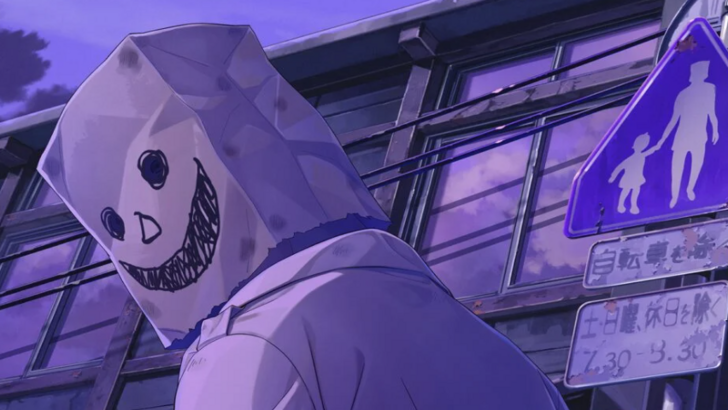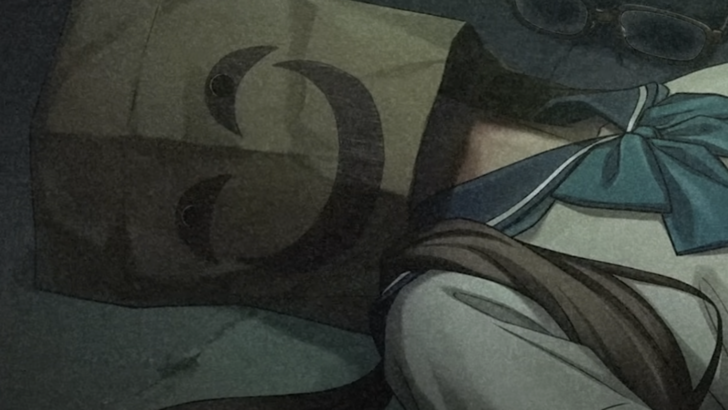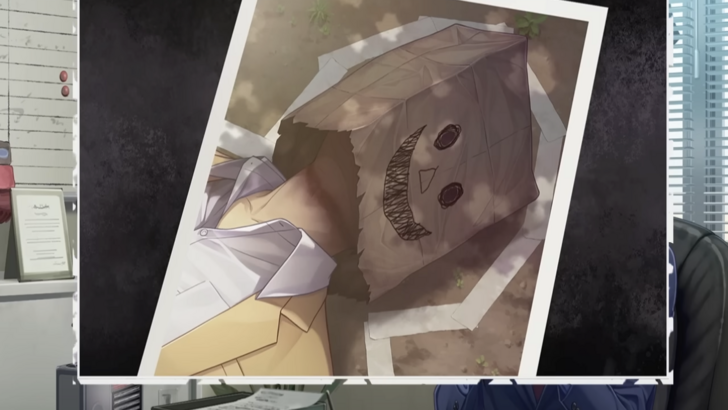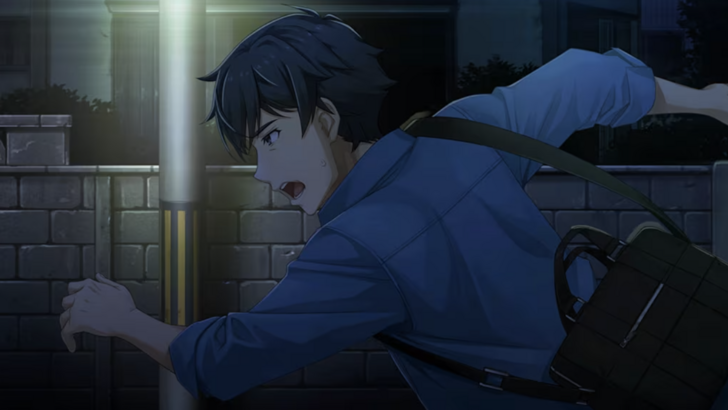 Nintendo's latest entry in the revived Famicom Detective Club series, Emio, the Smiling Man, has sparked mixed reactions. Producer Sakamoto positions it as the culmination of the series' legacy.
Nintendo's latest entry in the revived Famicom Detective Club series, Emio, the Smiling Man, has sparked mixed reactions. Producer Sakamoto positions it as the culmination of the series' legacy.
A New Chapter in the Famicom Detective Club Saga
The original Famicom Detective Club games, released in the late 1980s, captivated players with their murder mysteries set in rural Japan. Emio, the Smiling Man continues this tradition, placing players in the role of assistant detectives at the Utsugi Detective Agency. The case revolves around a series of murders connected to the infamous Emio, a serial killer.
Launching globally on August 29, 2024, for the Nintendo Switch, this marks the first new entry in 35 years. A cryptic pre-release trailer hinted at the game's darker tone, showcasing a figure in a trench coat and a smiley-faced paper bag.
The game's synopsis describes a student found murdered, his head covered with a similar paper bag, echoing a pattern from unsolved cases 18 years prior, all linked to the urban legend of Emio.
 Players will investigate the murder of Eisuke Sasaki, uncovering clues from past cold cases. They'll interview classmates, examine crime scenes, and piece together the puzzle. Ayumi Tachibana, a returning character known for her sharp interrogation skills, assists the player, alongside Shunsuke Utsugi, the agency director.
Players will investigate the murder of Eisuke Sasaki, uncovering clues from past cold cases. They'll interview classmates, examine crime scenes, and piece together the puzzle. Ayumi Tachibana, a returning character known for her sharp interrogation skills, assists the player, alongside Shunsuke Utsugi, the agency director.
A Divisive Reveal
Initial reactions to Emio, the Smiling Man's reveal have been varied. While many fans celebrated the return of the series, others expressed disappointment, particularly those expecting a different genre than a visual novel. Some social media commentary highlighted the surprise and, in some cases, frustration of discovering the game's visual novel format.
Exploring Darker Themes
In a recent YouTube video, producer Yoshio Sakamoto discussed the series' evolution. He described the original games as interactive movies, emphasizing the atmospheric storytelling. Inspired by the success of the 2021 Switch remakes, he decided to create a new installment.
Sakamoto cited horror filmmaker Dario Argento as an influence, particularly Argento's use of music and editing in Deep Red. Composer Kenji Yamamoto recalled Sakamoto's instructions to make The Girl Who Stands Behind's final scene as terrifying as possible, resulting in a dramatic audio climax.
 Emio himself is a new urban legend created specifically for the game. Sakamoto aims to deliver a thrilling experience centered on uncovering the truth behind this legend. While Emio, the Smiling Man focuses on urban legends, previous games explored superstitious beliefs and ghost stories.
Emio himself is a new urban legend created specifically for the game. Sakamoto aims to deliver a thrilling experience centered on uncovering the truth behind this legend. While Emio, the Smiling Man focuses on urban legends, previous games explored superstitious beliefs and ghost stories.
The Missing Heir involved a village with an ominous prophecy about the return of the dead, while The Girl Who Stands Behind centered on a haunting school legend.
A Collaborative Effort
Sakamoto has previously discussed the creative freedom afforded to the development team during the creation of the original games. He emphasized the collaborative nature of Emio, the Smiling Man, highlighting the extensive brainstorming and dedication to crafting a compelling narrative and visuals.
 The original Famicom Detective Club games received positive reviews, achieving a 74 Metacritic score. Sakamoto aims for Emio, the Smiling Man to be a fitting conclusion to the series, promising a thought-provoking ending that will spark ongoing discussion.
The original Famicom Detective Club games received positive reviews, achieving a 74 Metacritic score. Sakamoto aims for Emio, the Smiling Man to be a fitting conclusion to the series, promising a thought-provoking ending that will spark ongoing discussion.

 Home
Home  Navigation
Navigation






 Latest Articles
Latest Articles










 Latest Games
Latest Games












